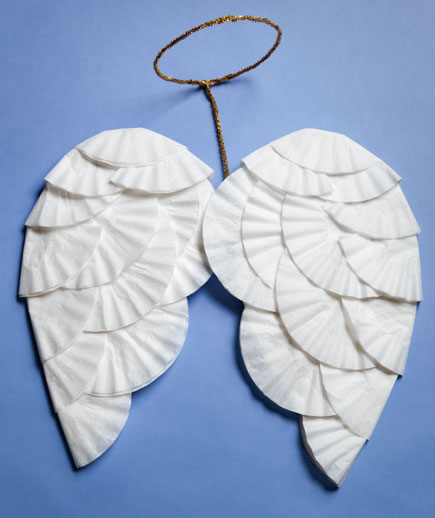 When I realize I am nothing, that is wisdom. When I realize I am everything, that is love. And between these points I live my life.
When I realize I am nothing, that is wisdom. When I realize I am everything, that is love. And between these points I live my life.
In this big, wide world that fits on the head of a pin, in this universe of infinite possibilities and yet identical experiences, I often find my voice in the words of readers or find my readers in mine. Such was the case today when this post prompted a drip and then the outpouring you find in the puddle right here.
This is what I have been longing to say.
Living involves an incalculable level of risk. It is the riskiest thing we do. And not because it could be fatal. There is a 100 percent risk of fatality, and that cannot be called a risk, but rather a guarantee. No matter what false comfort we take in our age, our habits, our attitude, or our genetics, none of that changes the bottom line. We all die. In spite of that irrefutable end, living with our whole heart, our whole mind and both feet is a risk that few of us are willing to take.
Few of us are willing to take on the risk of being alive. By that I mean being fearless and free, spontaneous, creative, generous, expansive, trusting, truthful and satisfied. To risk accepting ourselves and our lives as they are. To risk forgiveness. To risk not knowing. To risk messing up and starting over. To risk life’s inevitable cycles and sequences. To risk something new. To let hurts heal. To let bygones be gone. To face the fact that the narrow, familiar, comfortable idea we have of our self is just that – an idea – and to let that idea go. And not to be replaced by any other newer, better idea of who we are. To realize every name, every definition, every label, every story, every boundary, every fear, every feeling, every diagnosis, every conclusion, everything we claim to know about ourselves, is just an idea. And to let every bit of that go too.
The truth is, we know nothing about life. It can’t be known. But it can be observed. This is what we can see.
Life wants to live. Watch a friend or family member face death, or have a health scare yourself, and see how much life wants to live.
Life wants to grow. Plan a family, or struggle with infertility, and see how much life wants to grow.
Life is not hard to live. It is effortless. Life lives by itself. It is what we think and feel about life that is so very difficult to endure.
Life has a way of going. Why it goes, we can’t answer. Where it goes, we don’t know. But how? That’s entirely up to us. How can you risk losing another year to fear, anger or anxiety? Another month? Another day? Another moment? How can you risk being anything but whole-heartedly alive right now?
If you or someone you know is struggling with infertility, look into the free teleconference I’m hosting on “The Mind-Body Connection to Conception” next week. I don’t know what I will say, but I promise to do no harm.




















